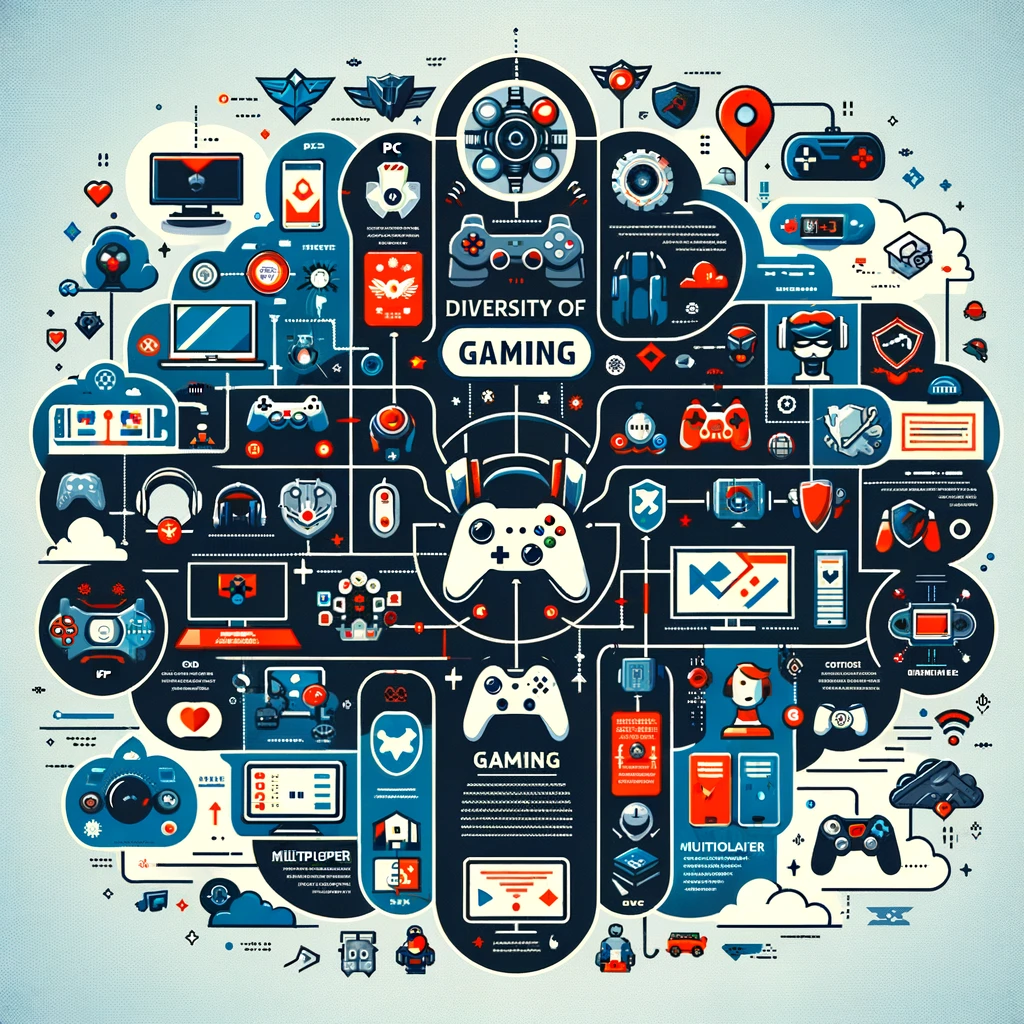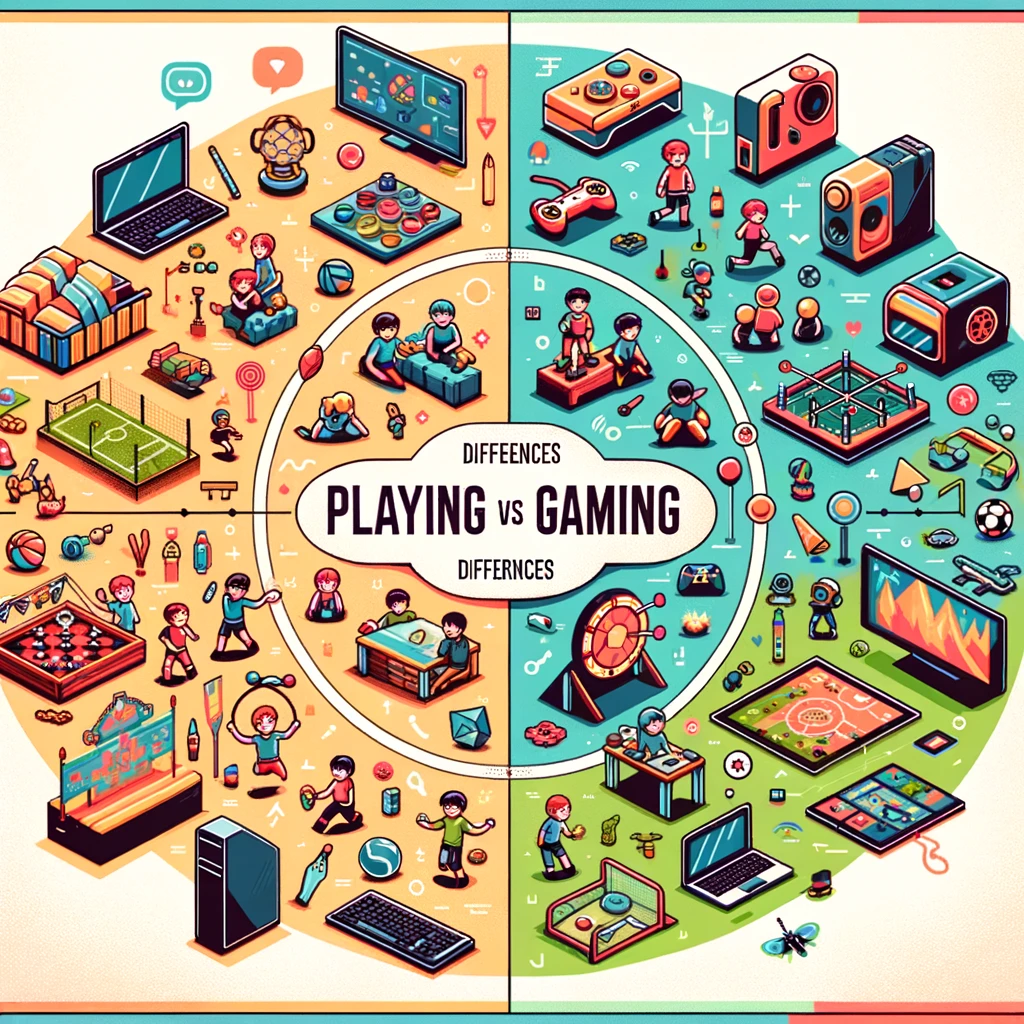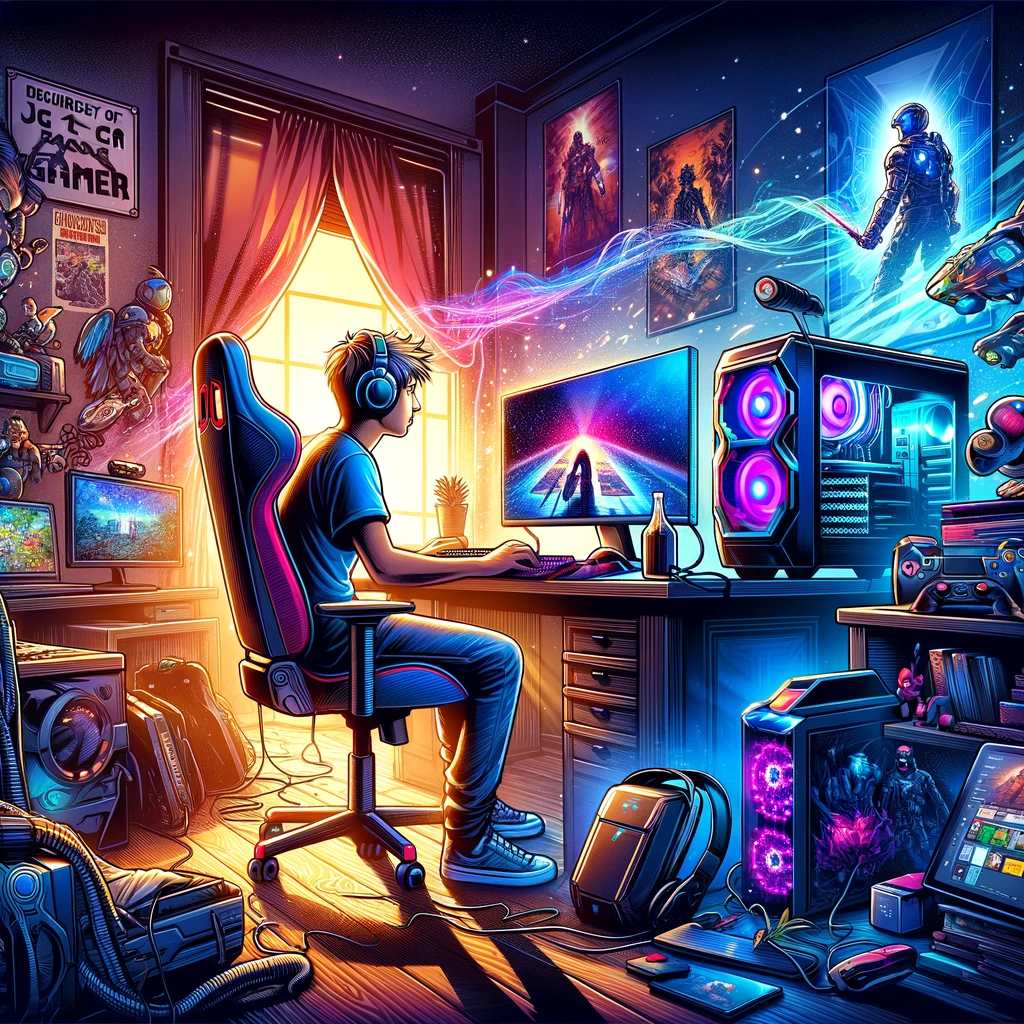Gaming, evolving significantly since its 1940 inception, encompasses playing video games and betting, especially online. You can also read our article titled What do gamers do? Initially a solitary pursuit, gaming has transformed into a social activity, with multiplayer online games offering social interaction opportunities. Notably, esports, short for electronic sports, involves gamers competing online or in large arenas, often for substantial prize money.

Today, gaming is integrated into popular culture, with a vast majority of U.S. households owning consoles and over 42% of Americans identifying as gamers. Advancements in Internet capabilities and processor technology have revolutionized gaming, making high-speed Internet widespread and affordable. The gaming market, worth $151.55 billion in 2019, is projected to reach $256.97 billion by 2025, growing at a compound annual growth rate of 9.17%. Cloud gaming, eliminating the need for game downloads, is accelerating market expansion, offering benefits to both users and game providers. However, gaming’s impact is double-edged, boosting skills like hand-eye coordination and decision-making, while also raising concerns about addiction and mental health effects.
How Do You Explain Gaming?
Gaming, an activity that originally referred to gambling, has evolved to predominantly mean playing electronic games, either on consoles, PCs, smartphones, or even through VR technology. Originating at the 1940 World Fair, it has grown into a major entertainment sector, with the global gaming market valued at $151.55 billion in 2019 and projected to reach $256.97 billion by 2025. Gaming transitioned from a solitary activity to a social one, with esports (electronic sports) where players compete online or in arenas, becoming increasingly popular and lucrative.
Modern gaming, enhanced by cloud computing, offers immersive experiences without the need for downloads, and has integrated deeply into popular culture with a significant proportion of households owning gaming consoles. However, gaming has its drawbacks, such as potential addiction and effects on mental health, alongside benefits like improved coordination and decision-making skills. The video game industry now requires diverse interdisciplinary skills and is a significant part of the modern entertainment industry, influencing consumer electronics and driving technological innovation.
Is Mobile Gaming Gaming?
Mobile gaming, surpassing console and PC gaming in popularity, is a major sector within the gaming industry, primarily due to the widespread accessibility of smartphones capable of playing games. It encompasses playing video games on mobile devices like smartphones and tablets, which are powered by specialized System on a Chip (SoCs) that integrate a GPU, CPU, system memory, and I/O connectivity.
The CPU and GPU determine the device’s gaming performance and graphics rendering quality, respectively, while the display’s resolution and refresh rate dictate the visual clarity. Key to mobile gaming’s growth are telecom networks for internet connectivity, cloud services for content deployment, and app stores for game distribution. LiveOps, a practice of post-launch game modification, enables developers to adapt games based on user behavior and enhance user engagement and monetization. The sector’s evolution, marked by Nokia’s launch of Snake in 1997 and the advent of app stores in 2008, has transformed mobile devices into a primary gaming platform, making mobile gaming a significant and integral part of the gaming landscape.
What is the Difference Between Playing and Gaming?
Playing and gaming, while often considered similar, possess distinct differences in structure, goals, and complexity. Playing is characterized as a spontaneous, open-ended activity without specific rules, primarily focused on exploration, make-believe, and free expression. In contrast, gaming involves structured activities with defined rules and objectives, requiring strategic thinking and planning.

Gaming, especially evident in esports, often demands a high level of skill and tactical prowess. While playing is about the joy of exploration and imagination, gaming emphasizes achieving specific goals within a set framework. This dichotomy reflects in educational perspectives as well, where playing is seen as constructivist, nurturing creativity and free thought, whereas gaming is viewed as behaviorist, suitable for acquiring specific skills or training. The evolution of gaming from a solitary to a social activity highlights its complexity and the necessity of understanding its rules and strategies for effective engagement. In summary, playing is about the freedom of unstructured activity, while gaming is about navigating and succeeding within a structured environment.
How is Gaming a Skill?
Gaming, often misconceived as a mere pastime, actually develops vital cognitive skills like multitasking, problem-solving, and strategic thinking, applicable in various personal and professional contexts. Initially viewed as a brain-numbing activity, gaming has evolved with technology, becoming more complex and simulator-like, contributing to a booming industry valued over $20 billion annually. The debate on whether gaming is an innate talent or a learned skill reveals that it encompasses both elements.
While certain inherent abilities like quick thinking enhance gaming proficiency, it fundamentally remains a skill that can be honed through practice and focused coaching. Gamers, through repeated gameplay, refine their problem-solving abilities, decision-making, and adaptability under pressure. These skills, valuable in real-world scenarios, are further enhanced by gaming’s dynamic, collaborative, and challenging nature. This blend of inherent abilities and acquired skills makes gaming a unique and enriching experience, fostering skills that are transferable to various aspects of life and work.
How to become a gamer?
To become a professional gamer, one must follow a strategic approach that combines practice, dedication, and involvement in the gaming community. The process begins with selecting a specific game, platform, and genre to focus on, as mastering one game is more effective than spreading efforts across multiple games. Regular practice is crucial to develop game-specific skills and strategies, and integrating into the gaming community is essential for learning, networking, and understanding the game’s culture. Investing in the right gaming gear enhances performance, while joining a team and participating in local gaming events and tournaments provides practical experience.

As one progresses, competing in leagues and aiming for sponsorships can elevate a gamer’s profile. Professional gaming demands not only skill and talent but also a commitment to continuous improvement and balance, including physical and mental health care. Understanding the difference between a pro gamer and an online streamer is also important, as their paths and income sources differ. Overall, becoming a pro gamer involves a blend of individual talent, strategic practice, community engagement, and professional growth in the competitive gaming world.
Gaming Series
1- What is gaming?
2- What do gamers do?
3- Is gaming useful in life?
4- What is an example of gaming?
5- What defines a true gamer?
6- How do we be a gamer?
7- Is being a gamer a job?
8- How can I be a healthy gamer?
9- Do gamers get paid?
10- What is the purpose of gaming?










